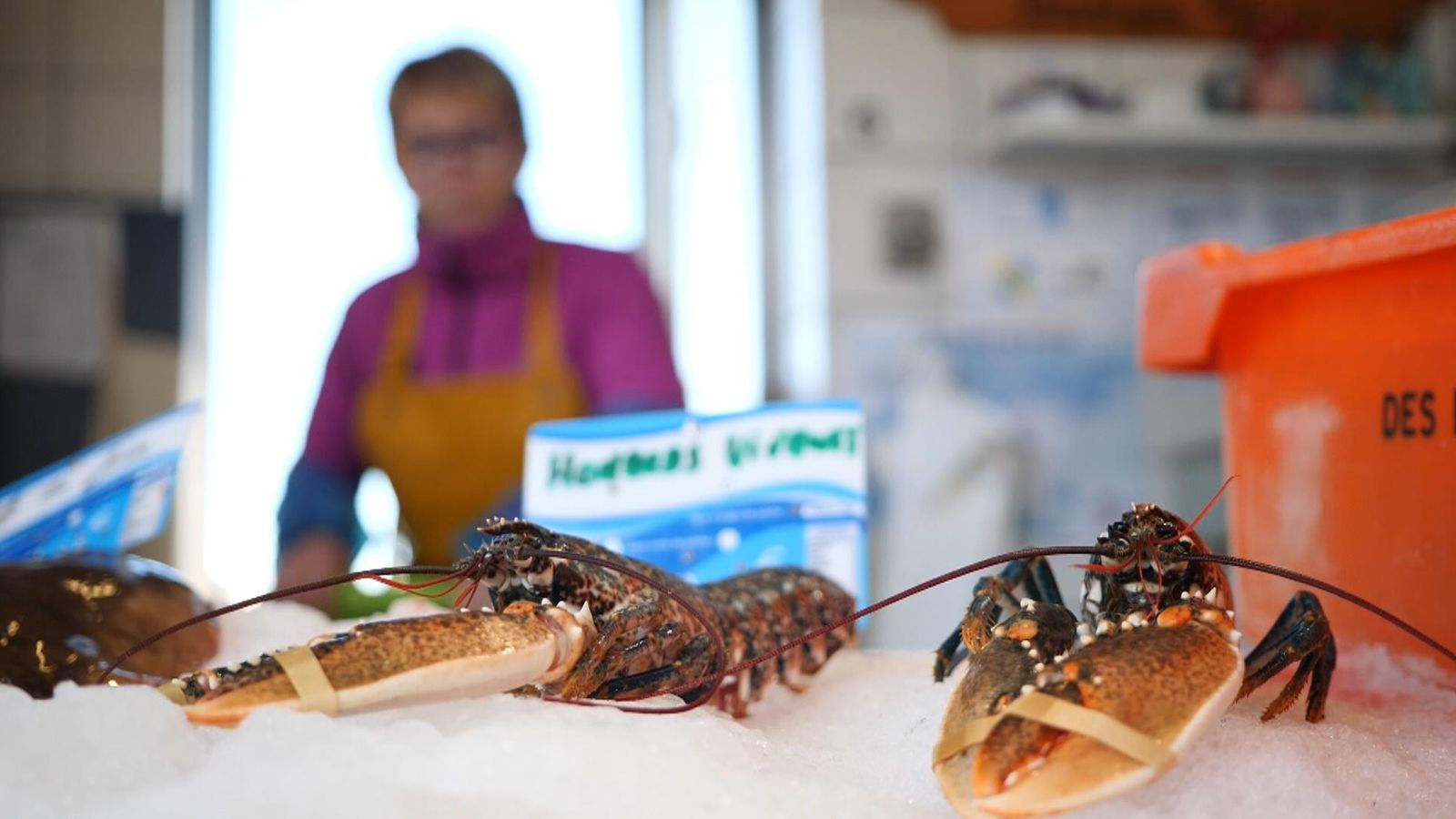Come to Boulogne-sur-Mer, and you can see why a dispute with the French about fishing won’t be sorted easily.
This town is built by the sea, and with the sea in its heart. The air really does smell of salt and fish, and the harbour is packed with the sort of small boats who sought licences from the British government.
Here, they expected the French government to drive a hard bargain over fishing during negotiations over a Brexit trade deal.
Now, they expect the same thing when it comes to fishing licences.
There is a market on the harbour side, where you can buy seafood that has come straight off the boat.
Enzo, amiable and welcoming, runs one of the stalls.
He knows that, in the grand scheme of things, fishing is a small industry, but he knows it also carries a potent symbolism.
Brexit: UK government summons French ambassador as fishing row escalates
Brexit fishing row explained: Why are the UK and France fighting?
Kenya murder: Army chief ‘appalled’ at claims British soldiers were involved in Agnes Wanjiru killing
“So maybe this is about a handful of boats, but the important thing is is saving the local traditional trade of small fishing boats,” he tells Sky News.
“I believe they are worth fighting for. It was about time this happened. I’m okay because, as a trader, people supply my fish, but all my colleagues have faced difficulties since the beginning of the year.
“Since the beginning of the year, more and more of the crates coming off the boats have been empty compared to before.
“There are even different species of fish that French fishermen can’t get because of limits to waters – turbot, for example. It’s been a difficult period for several years and Brexit has added to our problems.”
Not only does all this resonate across the fishing towns of northern France, but across the whole country, and even Western Europe.
Sure, Estonians and Romanians don’t really care about a Brexit fishing row, but Europe’s other coastal nations are watching with interest. And what’s more, they’ve signed up a declaration to support the French.
Which is all grist to the Macron mill. The president is, as ever, mindful of the next election, which is now less than six months away.
Last time round, in 2017, the Pas-de-Calais region voted for Marine Le Pen ahead of Mr Macron.
He is acutely aware that, this time around, he wants to do everything he can to shore up their support, and that means sticking up for his fishing communities.
A little way further down the market, we meet Sylvia. She is an enthusiastic supporter of France’s hostility towards its neighbour on the other side of the Channel.
“It’s good,” she says. “This might make them move a bit more on this. Maybe they’ll reflect and allow more permits to fish in their waters. We’ll see. Let’s wait for Tuesday.”
In theory, the deadline is Saturday. That’s when the French government is due to decide whether to enact its new, punitive measures, only for them to come into effect a few days later.
In reality, much in this dispute seems vague – the two sides can’t seem to decide on the rules for licences, or how the data should be presented, or what checks are reasonable.
What’s clear is that both governments want to look strong, and that the normal lines of diplomatic communication don’t seem to be working.
It looks, and feels, like a significant clash.
In Boulogne, the weather is calm, the sky is clear, the sun is out. But there is a frisson in the air.
This is not a dispute that will just blow over.






















